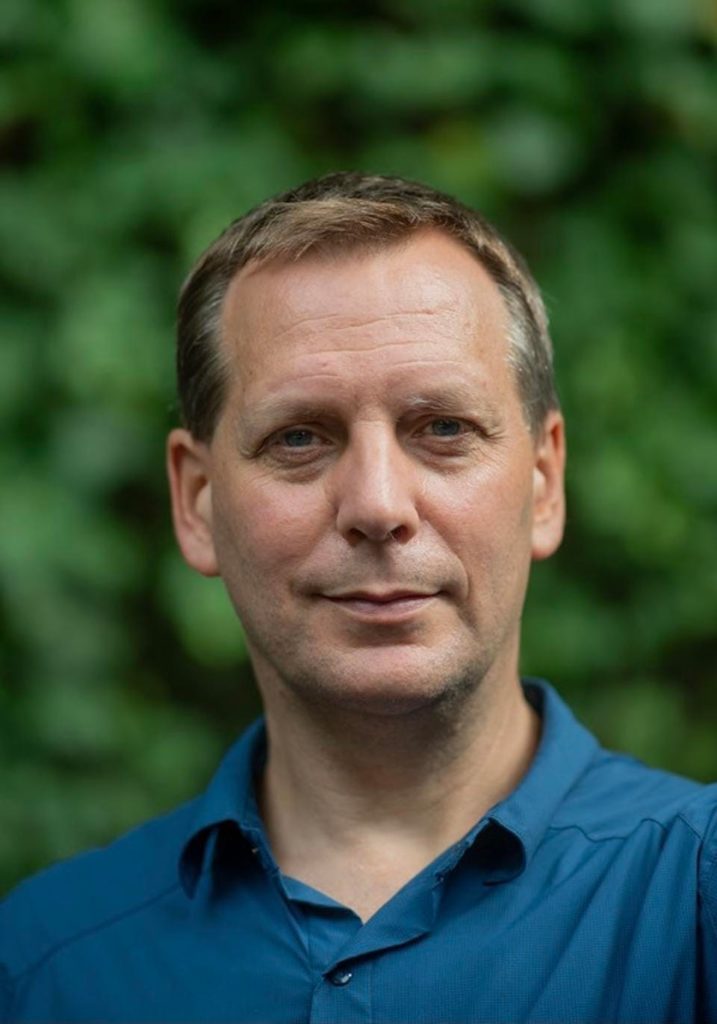
John Werner, successful serial entrepreneur, technology startup investor and mentor, has spent his career bringing ideas to life in order to solve big problems. Among his achievements, he is one of the founders of TEDxBoston and has reimagined what TEDx can be with a recent event in Boston.
TED conferences began in 1984 focused on the intersection of Technology, Entertainment and Design. Independently run TEDx events help share ideas on a broader set up topics in communities around the world.
Karen Walker: You’ve been involved in TEDxBoston for 13 years. How and why did you launch this? What sets it apart?
John Werner: I went to a lot of TED conferences – maybe 25 – but so many that one of my kids said, “Who’s this Ted guy? Are you part of a cult? Can we come?” So, I decided to organize a TED conference that they could attend. After I started TEDxBoston, I split off and created TEDxBeaconStreet to offer field trips and curate speakers – I’d have people do adventures around the talks they gave. I started a non-profit, Ideas in Action, to do that.
To date, I’ve curated over 1000 TEDx talks, and we have around a quarter of a billion views of those talks. I was offered the opportunity to reclaim the TEDxBoston label, and I realized that if I wanted to do an event branded as TEDx, Boston would be a lot stronger.
This 14-hour, single-day seminal event featured brief talks from world-class speakers representing a diverse set of communities. The day was organized around six topics: force, velocity, heat, reaction, fragmentation and, ultimately, fusion. We aimed to inspire robust, scalable solutions for the interconnected challenges we face today and to draw upon a spectrum of multidisciplinary experts to share their perspectives.
The response was overwhelming. I opened admissions for 24 hours and had 500 people sign up! When we stopped taking applications, we had 1.5x times the number we could accommodate.
I recruited 72 speakers to speak. That’s the most of any TEDx, but just because it’s a lot doesn’t mean they’re good. But this group was an exceptional lineup.
Food journalist Mark Bittman agreed to headline, and we created a great experience with world-class speakers – names like Harvard Business School Professor Rosabeth Moss Kanter and former president of Tesla Jon McNeill – combined with support from a world-class photographer and videographer.
Walker: How have you reimagined the offerings?
Werner: Boston will turn 400 years old in 2030, and the U.S. is about to turn 250. I want to develop exciting ideas that can deliver impact as these two milestones occur, and I want to create something extraordinary for Boston.
Through Ideas in Action, I’ve had events all over and around Boston. My goal is to create an event that would be the “Oscars of ideas,” and a new opportunity presented itself in the form of a partnership with The ‘Quin House. The ‘Quin was initially the 1888 Algonquin Club, housed in a building designed by McKim, Mead and White. It’s been recast by Sandy and Paul Edgerley as a private social club committed to education, diversity and impact, making it precisely the venue for the immersive experience that I envisioned.
Walker: How did you handle a live event during this phase of the pandemic?
Werner: Everyone who came had to show proof of vaccination. The space is large – with 56,000 square feet we had room to spread people comfortably throughout the space.
We had great feedback after the event, including, “The space was incredible, and it gave the event and the talks a sense of wonder.” Location does matter.
Walker: What initially prompted you to offer adventures?
Werner: At the very first TEDx that I planned, I was going to do booths, but it was hard to organize. So, I flipped a coin and chose adventures instead. I managed 25 events and, of the 500 people that signed up for the conference, 251 signed up for the adventures. They invited their friends and kids, and a total of 501 participated in the pre-conference adventures. To date, I’ve had about 10,000 people do these events.
For an adventure at this event, we had about 50 people take advantage of the opportunity to experience flight on Verijet’s next-generation carbon fiber airplane. Verijet’s vision is to commission advanced airplanes that can, at the low end, take off vertically and power your commute to work, and at the high-end, skip atop the Earth’s atmosphere and take anyone to any place in the world in under 2 hours. Verijet is disrupting transportation as it aims to become the luxury Uber of air travel.
Walker: As I reviewed the images of this event I couldn’t help but notice the incredible amount of diversity.
Werner: I looked for gender parity, and I wanted to make sure that there was a lot of social and economic diversity. Geographically, a fourth of the speakers came from outside Massachusetts.
There are a cascading number of challenges during these times, and for us to solve them, we need diverse teams, perspectives and a conducive location. The ‘Quin is a fantastic place, but it is a private social club. And so, by opening it up, I feel it was like opening Buckingham Palace for a day.
I encouraged the audience and the speakers to bump into one another and connect. My goal is that these ideas reach escape velocity.
The history of this event is not as important to me; my focus is on having an impact. For example, we had several people address climate change from different angles. We had Mark Bittman’s talk on food and we also had great speeches from artists and innovators, and from thinkers in the fields of music, robotics and aeronautics.
We had several speakers addressing women’s rights and sports, and others on the effects of the pandemic.
Walker: It sounds like you have created something special both for Boston and for the rest of us. Were there any especially memorable moments where you knew that you’ve made a difference?
Werner: A lot of startups were able to expand their audience. A lot of people were moved by Mark Bittman’s talk. As he says, “It’s impossible to talk about the environment, labor, immigration, income inequality or land or many other things, especially climate change, without talking about food. For example, 80% of California’s water goes to industrial agriculture.” And, of course, he spoke a lot about the current state of industrial agriculture and its impact on health and climate.
I feel like this reimagined event can make a difference in the world.
Walker: You are an incredibly enthusiastic and energetic person. What’s next?
Werner: I actively encouraged others with the adventures that I did in the early years, but now I want to focus on excellent talks.
I found a partner in The ‘Quin where I think I can do these talks annually. I could broadcast to the world. I want to curate some of the most exciting ideas and not just re-run topics that are on the cover of National Geographic – topics that are familiar to everyone. I want to highlight the bright young minds that are coming up with new ideas. It’s unique mix of brand, platforms, network, vision, talent and energy.
